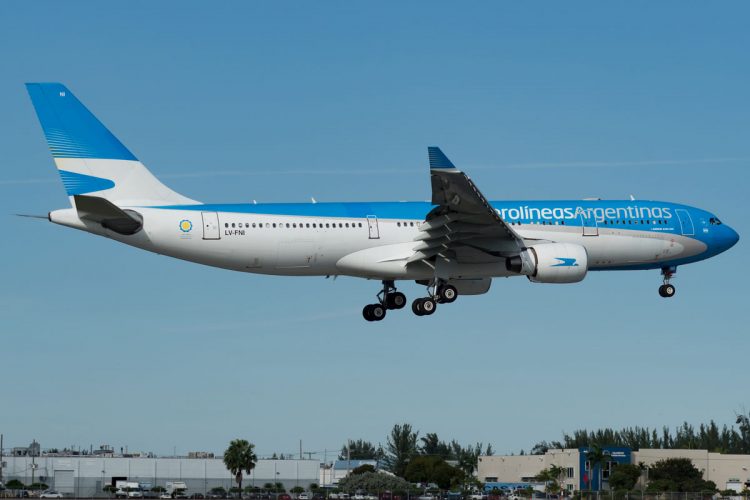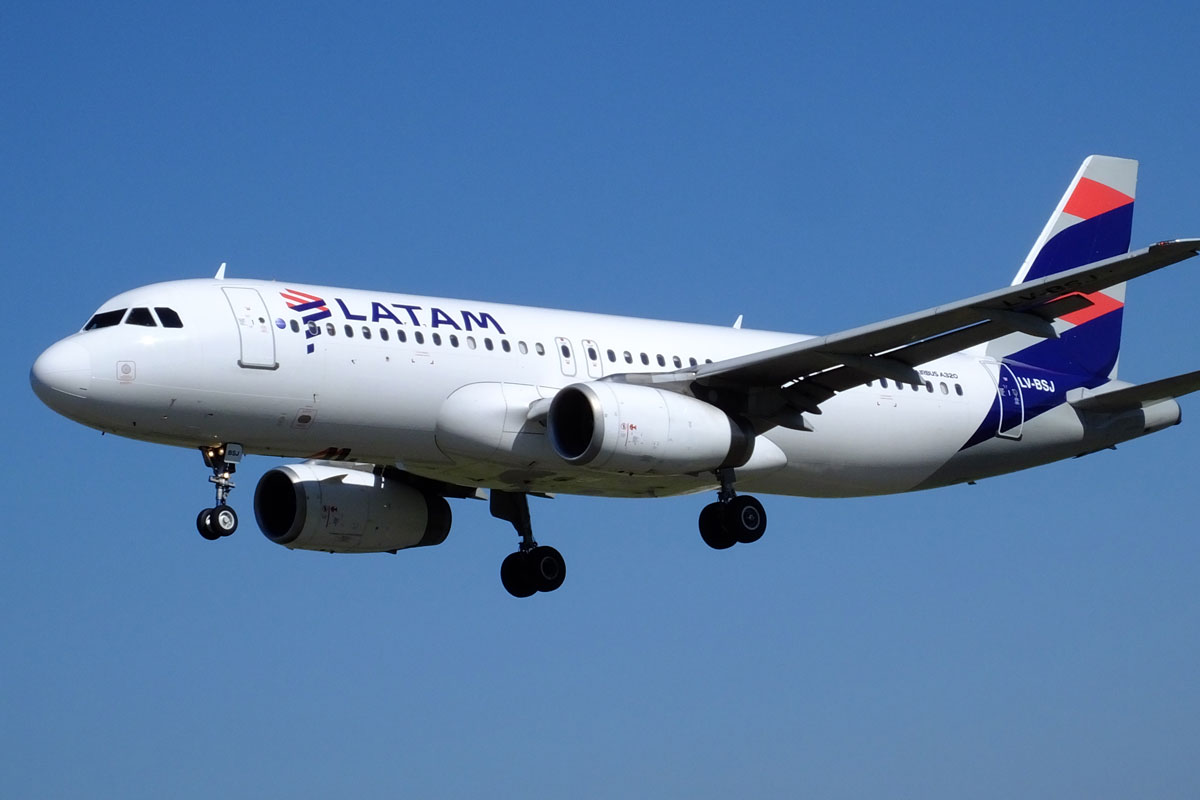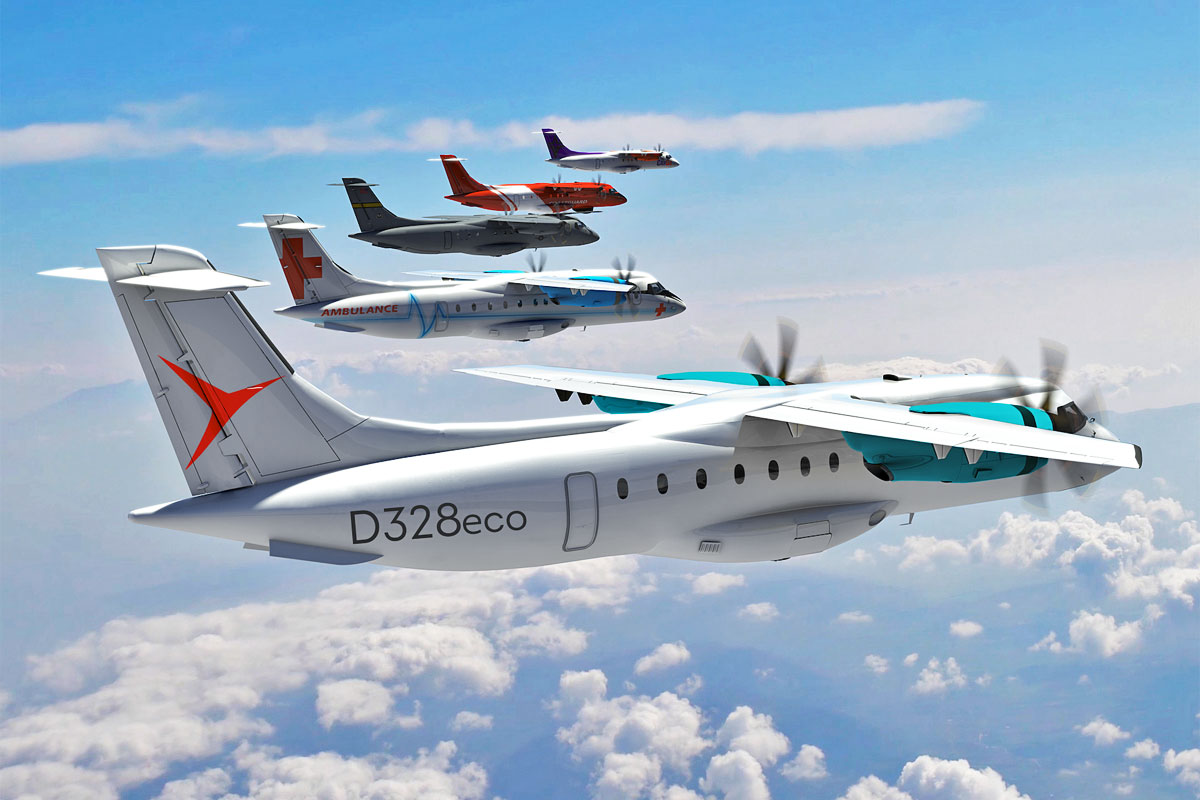A “perfect storm” hit LATAM’s operation in Argentina, causing the end of the airline’s subsidiary in the country after 15 years. The main reason for the closure of operations, announced by the headquarters in Chile, was the coronavirus pandemic, which brought down the demand for flights, but there was an extra component, the populist government of Alberto Fernández, of the Judicial Party.
Elected in 2018 as the nominee of ex-president Cristina Kichner, Fernández has reversed the movement of deregulation of the commercial aviation market, implemented by his predecessor, Mauricio Macri. Instead of promoting competition and expanding flight coverage in Argentina, the current president is reinvesting in the deficit Aerolíneas Argentinas, which even with the opening still dominated air transport in the country.
The advent of the COVID-19 virus was the key to suffocating private companies by banning flights in the country until September. At the same time, the government is committed to keeping Aerolíneas Argentinas alive until demand recovery – the company is being merged with Austral Lineas Aereas in an attempt to reduce costs.
One more casualty
In a statement, LATAM regretted the difficulty of building structural agreements with the “actors of the local industry”, commonly known as the Argentine government. “It is unfortunate but inevitable news. Today LATAM must focus on transforming the Group to adapt to aviation after COVID-19,” said Roberto Alvo, CEO of the LATAM Airlines Group.
With the end of the domestic operation, LATAM will no longer serve 12 destinations in Argentina, but four international routes will be maintained by other subsidiaries of the group, once air traffic restrictions are lifted.
“Argentina has been and will always remain a fundamental country. The other branches of the LATAM Group will continue to connect passengers from this country to Latin America and the world,” added Alvo.
Argentina’s severe economic crisis has already claimed two other victims, Avianca and Norwegian’s low cost subsidiary, which was taken over by competitor JetSmart. In addition to it, only the Andes airlines, in a delicate financial situation, and Flybondi, the most aggressive of the low cost airlines, remain in the country.
Given the strategy of resuming Aerolíneas Argentinas’ monopoly, it will not be surprising if new casualties emerge in the coming months.

See also: LATAM and Azul announce unexpected codeshare agreement






